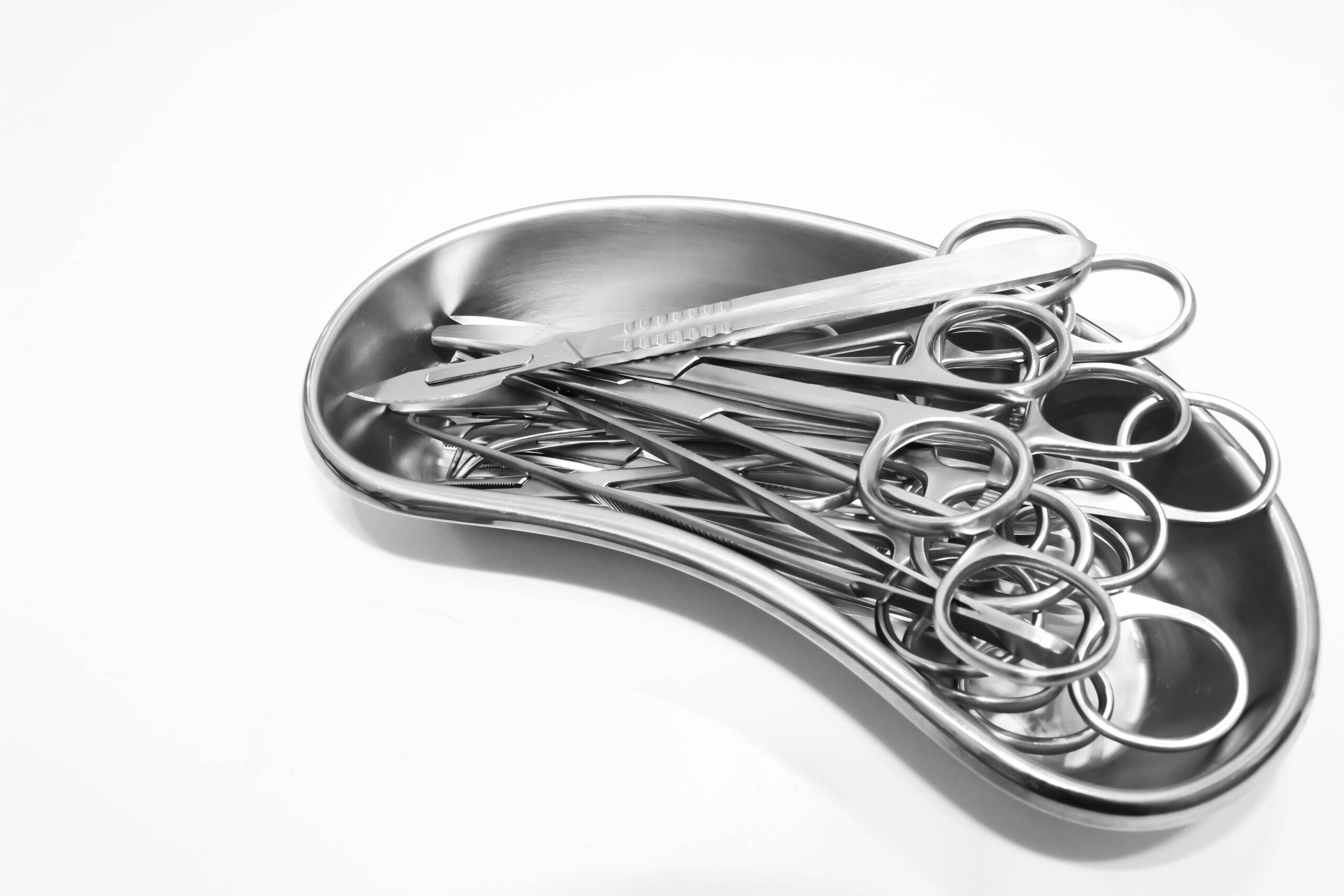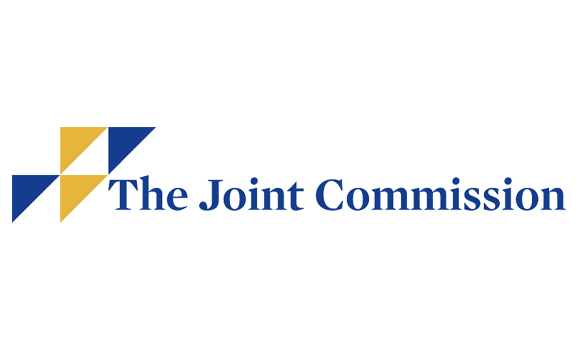
Editor's Note Virtual reality is making training more immersive for nurses at SSM Health St Mary’s Hospital in Janesville, Wisconsin, according to a September 11 article in GazetteXtra. Although a first for St Mary’s, virtual reality has already been adopted by other SSM Health facilities, the outlet reports. Donning googles…

Editor's Note Often exceeding federal safety limits, OR noise contributes significantly to communication breakdowns, heightened cognitive load, and increased surgical errors, according to a review of literature published September 17 in Cureus. Identified noise sources include surgical instruments, alarms, and staff conversations, which can reach up to 120 decibels (dBA)—a…

Editor's Note Simple, non-judgmental interactions with therapy dogs could offer a valuable tool in combatting the widespread burnout seen across the healthcare industry. That’s according to a September 16 EurekAlert! news release detailing a study highlighting the emotional support benefits of therapy dogs for not only patients, but also the healthcare…

Editor's Note A new report by Mercer projects a national surplus of 30,000 nurses by 2028, but significant shortages will remain in some states and rural areas where healthcare access is already limited, according to a September 15 report in MedCity News. For example, New York is projected to face…

For many in the healthcare industry, imagining surgery without onsite sterile processing seems unthinkable. Then again, performing total joints in an ambulatory surgery center (ASC) was unthinkable 10 years ago. ASC sterile processing departments (SPDs) are generally not designed to handle the high volumes of instrument trays, vendor trays, and…

Takeaways • Surgical volume continues to increase for most organizations. • Staffing remains a challenge, although some parameters, such as recruiting and turnover, have improved slightly. • Filling an open RN position takes an average of 77 days, and filling a surgical technologist position takes an average of 120 days.…

Asking who, what, why, when, where, and how—otherwise known as the “5 Ws and an H”— is a time-tested way for writers and researchers to ensure comprehensive coverage of any topic. Here, we apply this framework from the perspective of sterile processing department (SPD) professionals seeking to start a water…

There is no shortage of advice, opinions, and proposed solutions when it comes to staff shortages, but the issue continues to plague healthcare systems nonetheless. For a couple of years now, speakers at the OR Business Management Conference and OR Manager Conference have been asking attendees, “Who still struggles to…

Editor's Note Recent research sheds new light on addressing two of the most pressing problems for surgical care: handoff communication failures and care bias and inequities leading to adverse—and preventable—events. These problems are the subjects of two separate success stories in the August issue of The Joint Commission Journal…

Editor's Note Advocates of legislation to make physically assaulting healthcare workers a federal crime spoke out at a recent press conference hosted by the American Hospital Association (AHA) and the American College of Emergency Physicians (ACEP), MedPage Today reported August 2. The Safety From Violence for Healthcare Employees Act (SAVE…